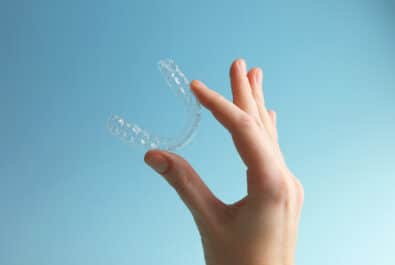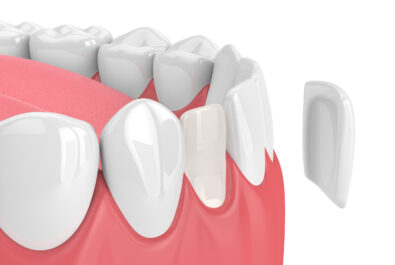Sleep apnea is a sleep disorder where your body does not receive enough oxygen due to your airways being blocked, which can cause you to awake abruptly throughout the night. Many times, it’s difficult to diagnose sleep apnea because you typically won’t remember gasping for air in your sleep. However, if you sleep in the same room with someone, they may be able to tell you what happens when you’re sleeping. Often times, you’ll experience symptoms throughout the day that can sign that you are experiencing a sleep disorder – do you have sleep apnea?
Questions:
- True or False: I have sleep apnea because I never feel rested even though I know I’m sleeping for a decent amount of time each night.
- True or False: Sleep apnea can lead to jaw alignment problems, bruxism, and TMJ.
- True or False: Sleep disorders are treated with oral surgery.
Answer Key:
- False. Although persistent daytime tiredness can be a symptom of sleep apnea, chances are you most likely suffer from insomnia or something else if this is your only symptom. However, if this accompanied by loud snoring, morning headaches, or dry mouth – you should probably talk to your dentist about getting a sleep study done.
- False. Sleep apnea cannot lead to any of these problems, although it can be affected by them. If you have a misaligned jaw, you could be preventing your airway from being completely open. This can be corrected, though, with proper orthodontics and (in severe cases) oral surgery.
- False. Sleep disorders can be treated with oral surgery, but often times this is only needed in severe cases. In mild to moderate cases, a lifestyle change (diet or weight loss, quitting smoking or chewing tobacco), appliance, or machine can help to encourage oxygen intake while you’re sleeping.













